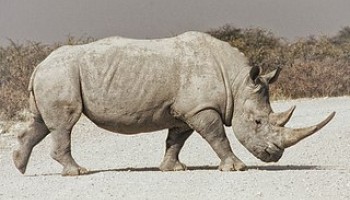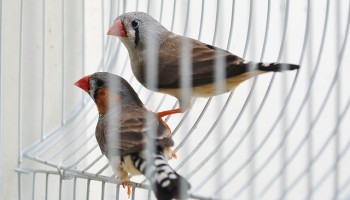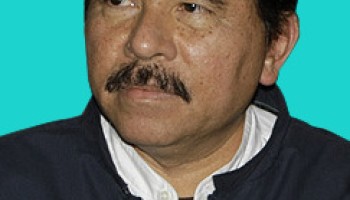TRAFFIC, a non-governmental organisation focusing on the global trade in wild animals and plants, released a report this month which found that the illegal wildlife trade generates between US$7 billion and $23 billion each year - as much as the illegal trafficking of narcotics, arms, and humans generate - and this cannot occur without financial crime and corruption.
“Given that the Chinese banking sector is the largest in the world and given the scale of the illegal wildlife trade in Asia, Chinese banks have a key role to play,” and it would be in their interest to address this issue, the NGO said.
“For the many Chinese banks looking to expand internationally, it is essential to ensure that their anti-money laundering and anti-corruption systems meet the expectations of regulatory authorities in the jurisdictions in which they operate,” TRAFFIC said.
Although China has adopted stricter measures in recent years, the country still remains a nexus for the illegal trade in everything from ivory to pangolins and other endangered species.
“The criminal kingpins involved in the illegal wildlife trade are often also involved in tax evasion, fraud, document falsification, money laundering and firearms trafficking,” the NGO said. “Illegal wildlife trade trafficking supply chains are commonly used to smuggle other illicit commodities, such as drugs and weapons,” it added.
Just as they often use the same smuggling routes to move both illicit animal parts and other contraband, they use the same financial service providers to launder their money, the NGO statement said.
“Given that the illegal wildlife trade shares so many features with terrorism financing and the trafficking of drugs, humans, and weapons, it is increasingly accepted that it should be fought using the same resources and strategies that are applied to these other illegal activities,” TRAFFIC concluded.






